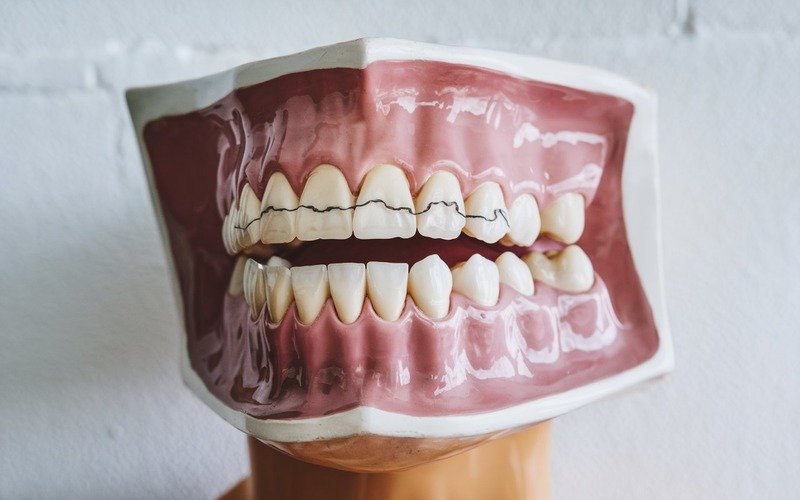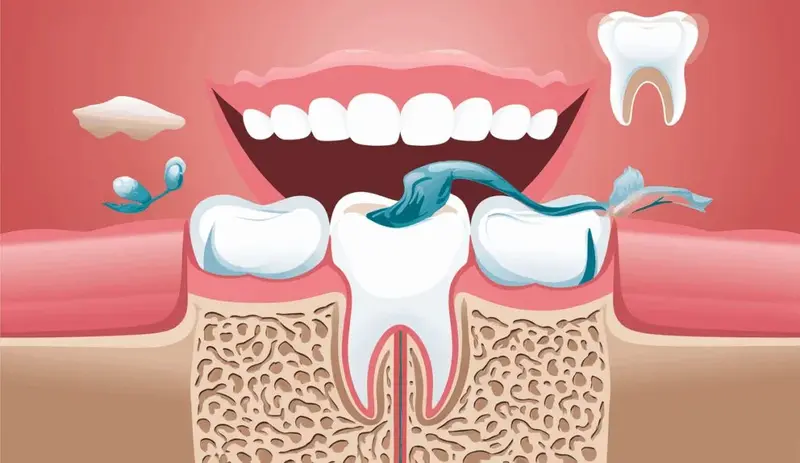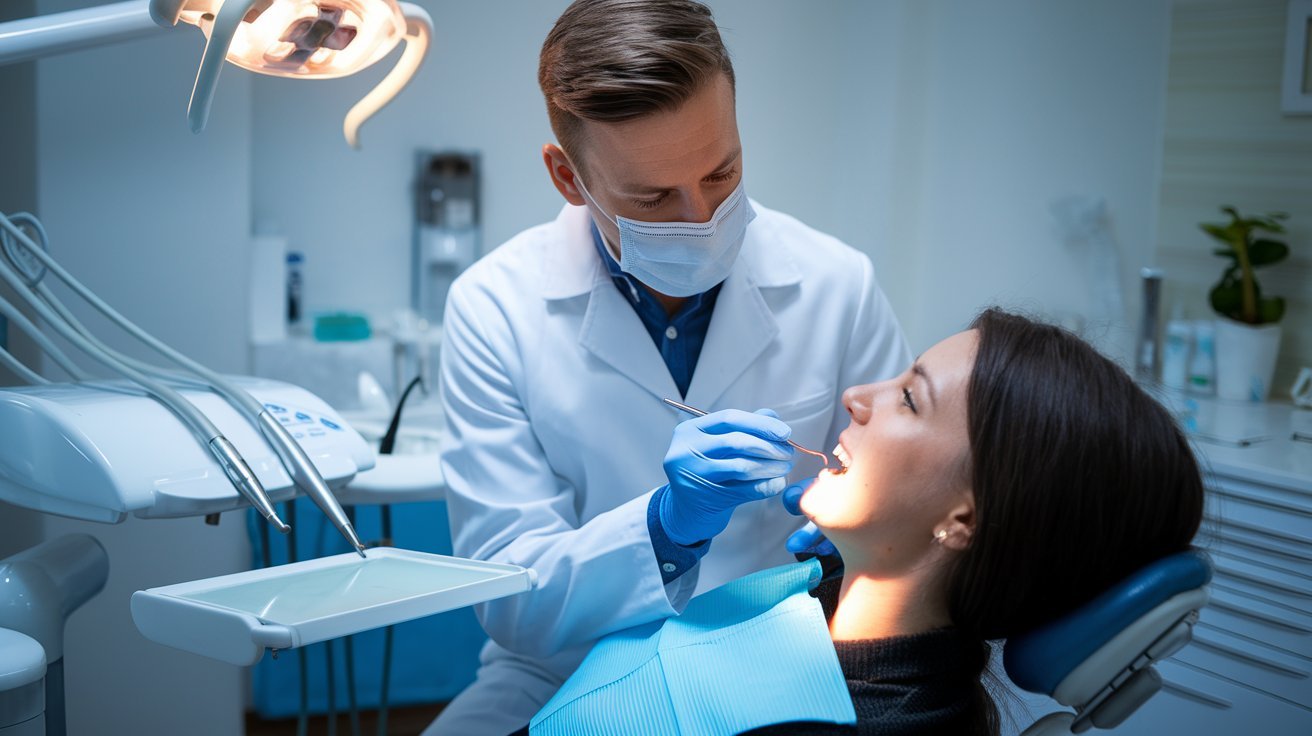
You’ve been taking your prescribed medication, but something feels different in your mouth. Your gums seem more sensitive, and you’re wondering if there’s a connection between your pills and oral health.
Don’t worry-many people experience medication-related dental changes. This guide will help you understand how medications can affect your gums and what steps you can take to maintain a healthy smile.
How Medications Can Affect Your Gum Health?
Pills have a big part in our health, but many don’t know they can affect something as crucial as oral wellness. What you’re about to read may surprise you, but the medications you take may be doing some very unexpected things to your gum health.
Understanding Medication’s Impact on Your Gums
It might surprise you, but a number of ordinary medicines can pose problems for your oral health. We’ve seen many patients affected in this way, including those in Houston, TX, who’d had no idea their prescriptions were working against their gums.
Several common drugs (like blood pressure meds, antidepressants, and pain relievers) can interact with your oral environment in unexpected ways. And wouldn’t you know it: Gum disease can have an impact on your overall health.
Saliva and Medication Interactions
One of the most serious concerns is how some drugs can suppress saliva production. Saliva isn’t merely about maintaining your mouth in a moist state—it’s an essential buffer that helps wash away bacteria and protects your gums from going south.
When medication cuts down on your saliva flow, you’re more vulnerable to bacterial growth and feasible gum troubles. At LifeWorks Dental, we understand these complex interactions.
Common Gum Problems Linked to Medications
Having a dry mouth is not merely an annoyance; it can be a real problem—one that puts you at risk for infections of the gums and tooth decay. Some medicines can further complicate this problem by causing:
- Swelling of gums
- Bleeding that is out of the ordinary
- Sensitivity in gums that is heightened
- Gum tissue that is inflamed or sore to the touch
You May Like To Read: Is Microabrasion Safe for Teeth In Houston?
Key Signs You Should Discuss with Your Dentist
Be acutely aware of any shifts in the state of your gums, and keep a watchful eye on their health if you’ve begun taking a new medication. Look for the following changes:
- Gum redness that doesn’t go away
- Bleeding when you brush or floss
- Sensitivity to brushing or flossing that you didn’t have before
- Swelling that doesn’t seem to go down
- Tenderness that makes it hurt to touch or move your gums
Protecting Your Gums While on Medication
If you are taking medications, here are some practical steps to follow to maintain healthy gums:
- Keep well-hydrated to fight dry mouth
- Use mouthwash that is free of alcohol
- Pick toothpaste made for tender gums
- Stick to a strict oral hygiene schedule
- Make regular trips to the dentist
Hydration and Oral Health
Consuming copious amounts of water can assist in stimulating saliva production and rinsing away detrimental bacteria. If a xerostomic condition persists, your dental professional might suggest utilizing special oral rinses or moisturizing products to remedy the situation.
Final Thoughts
There are many health conditions that require medications for effective management, but these drugs don’t have to endanger your gum health. You can seek to manage the potential oral side effects of medications through vigilance and by working closely with your dental professional.
If you have any strange gum symptoms, remember to call the dentist. It’s vital to catch things early and keep the mouth as healthy as possible.
Your health is complex, and medications can impact more than you realize. Always communicate openly with both your doctor and dentist about your medications and any oral health changes.






